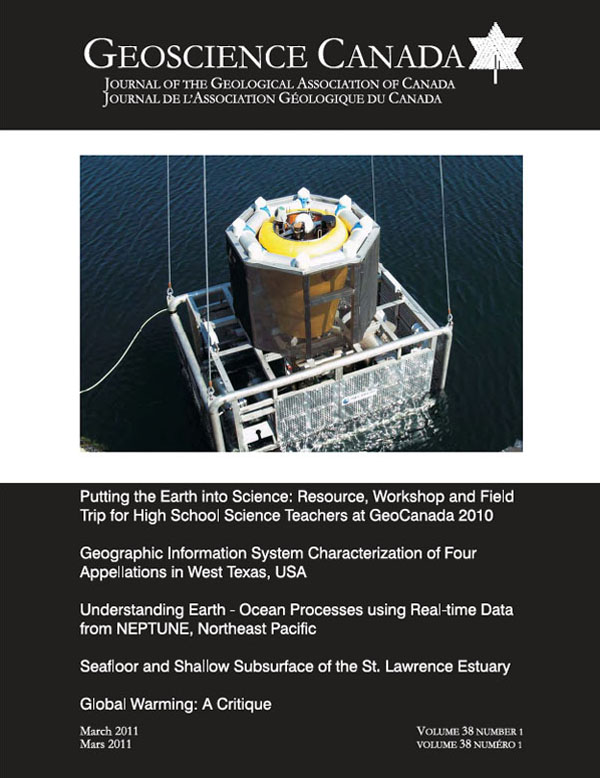Abstract
According to popular belief, recent global warming has been caused largely by greenhouse gases, primarily CO2, accruing in the atmosphere, and man is responsible for most of the ~120 ppm increase in CO2 over the last 100 years. This article cites a number of recent peer-reviewed scientific papers, and finds that contrary arguments by a growing body of scientists are generally supported by better empirical data than those that favour the ‘anthropogenic warming’ hypothesis. These arguments invoke the effects of solar irradiance and ocean–atmosphere interactions, both of which have been shown to have warming effects at least as great as those claimed for CO2, and to be based on sound, well-understood scientific theory. Furthermore, the global warming models used by the Intergovernmental Panel on Climate Change (IPCC) and others have in some cases been shown to be incorrect and contrary to current temperature statistics. For these and other reasons, the CO2-driven, anthropogenic warming hypothesis is regarded by many as suspect and lacking in empirical evidence. The difficulty of refuting this popular hypothesis is exacerbated by the IPCC’s United Nations mandate to advise governments on the severity of man-made global warming, a mandate that they have followed faithfully, encouraging the emergence of a large body of funded research that supports their view. This presents a problem for global society, as the human-caused warming scenario diverts attention from other, at least equally serious environmental impacts of our industrial society. Recently, however, there appears to be a tilting of public opinion away from global warming alarmism, which may fundamentally affect the direction of the climate change debate.
Sommaire
Selon la croyance populaire, le réchauffement climatique actuel aurait été causé en grande partie par des gaz à effet de serre, principalement le CO2 s’accumulant dans l'atmosphère et, c’est l'homme qui serait à l’origine de l’augmentation de ~ 120 ppm de la teneur en CO2 au cours du dernier siècle. Dans le présent article on cite un certain nombre d’articles scientifiques à comité de lecture, et on conclut que des arguments contraires présentés par un nombre croissant de scientifiques, sont généralement soutenus par de meilleures données empiriques que celles qui favorisent l’hypothèse d’un « réchauffement anthropogénique ». À partir d’une théorie scientifique bien fondée, ces arguments montrent que les effets du rayonnement solaire et des interactions océan-atmosphère ont un effet climatique de réchauffement au moins aussi important que celui imputé au CO2. En outre, il a été démontré que les modèles de réchauffement de la planète utilisés par le Groupe d'experts intergouvernemental sur les changements climatiques (GIEC) et d'autres sont, dans certains cas avérés erronés et en contradiction avec les statistiques actuelles sur la température. Pour ces raisons et d'autres, nombreux sont ceux qui considèrent que l’hypothèse d’un réchauffement climatique anthropogénique par le CO2 est sujette à caution et manque de preuves empiriques. À noter qu’il est d’autant plus difficile de réfuter cette hypothèse populaire que l’Organisation des Nations Unies a confié au GIEC le mandat de conseiller les gouvernements sur la gravité du réchauffement climatique anthropogénique, mandat dont il s’acquitte avec application, ce qui favorise l'émergence d'un important volume de recherches financées, qui tendent à confirmer leur point de vue. Cela pose un problème pour l’humanité entière, en ce que le scénario d’un réchauffement climatique anthropogénique détourne l'attention d’autres problèmes de notre société industriel qui ont des répercussions au moins aussi graves sur l'environnement. Récemment, cependant, il semble y avoir un basculement de l'opinion publique qui tend à remettre en question l'alarmisme ambiant sur le réchauffement climatique planétaire, ce qui pourrait affecter fondamentalement le sens du débat sur le changement climatique.
